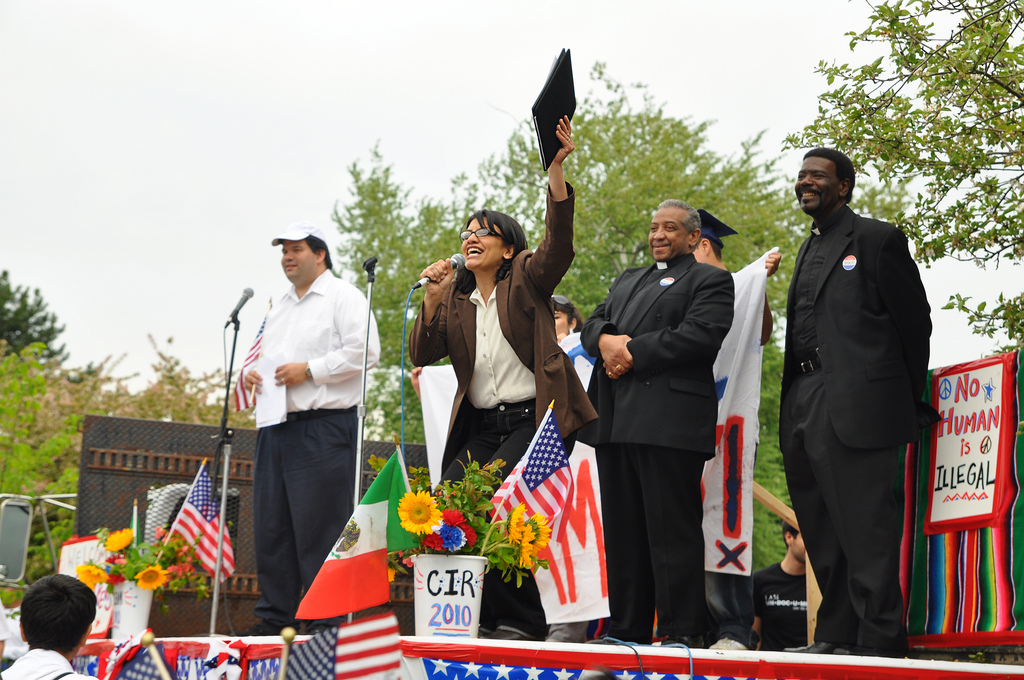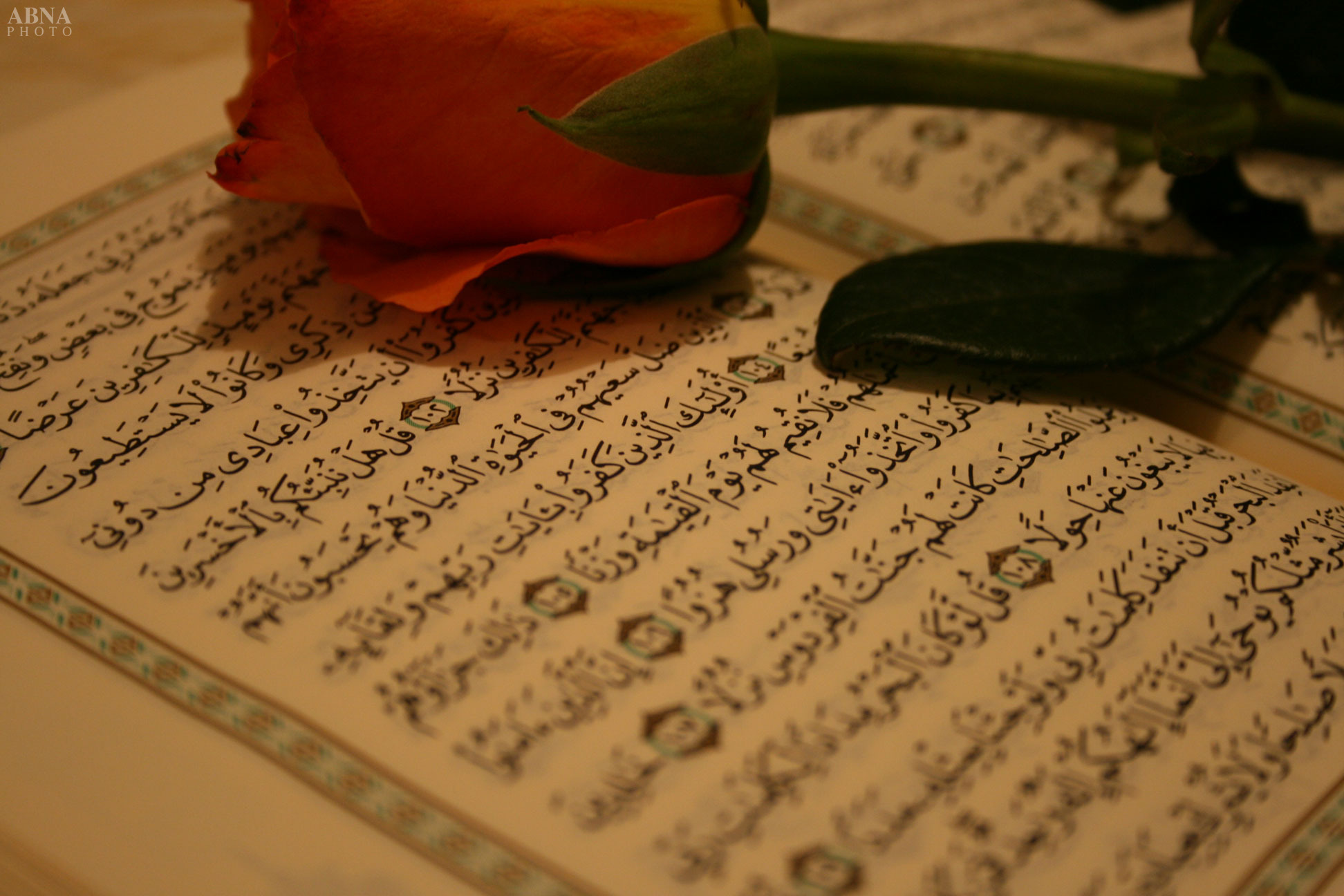The traditions rooted in beliefs about modesty and possession aren’t going to change because someone wrote an ordinance about acceptable clothing.
Belgium stands to become the first nation to ban the wearing of the burqa and niqab — a head-to-toe covering and a facial scarf, respectively –at the end of this month. From NPR:
[Liberal Party leader Daniel Bacquelaine] argues that banning the burqa… will benefit the women themselves, even though they’d be subject to a fine or jail time for covering their faces. Under discussion are penalties of up to seven days in jail or fines of up to 25 euros.
“To forbid the veil as a covering is to give [Muslim women] more freedom. I’m proud Belgium is the first country to do that,” Bacquelaine says.
In Canada, the Province of Quebec is proposing something similar.
It’s largely recognized that the burqa and niqab are often used to oppress and marginalize women, to isolate them from the world around them. It’s potentially an act of control and ownership of a person which can erase them as individuals and disconnect them from the rest of society. I get that, and don’t defend this level of control over women when it’s imposed (though I do recommend a little more time listening and a little less pontificating). However, I can’t help but be devil’s advocate here. I’m not convinced that passing this law is the best thing for women.
You know how introducing a new species always changes the entire ecosystem in ways that we never expected? Something similar happens in cultures. Every tradition is part of a larger collective framework. What do you think is going to happen in families where women aren’t allowed to wear the face veil and robe in public?
They probably won’t be allowed to go out into public. The traditions rooted in beliefs about modesty and possession aren’t going to change because someone wrote an ordinance about acceptable clothing.
We’re ignoring many aspects of this discussion, I know, partly because I don’t have the time and need to be brief. I’m overlooking the security argument, for example, because it’s always seemed like a bad excuse — when we start considering the banning of worn toques and balaclavas in public places during Canadian winters along with it, then I’ll start seeing that argument as sincere.
But in general, I’m not impressed with the idea of protecting women by punishing the women who were oppressed in the first place with jail or fines, or by threatening to isolate them even more. Women who’ve lived this tradition all their lives are probably not going to feel all that liberated when they experience what to them might be the equivalent of being stripped, threatened, humiliated and condemned in a holding cell. It takes real hubris to believe that Western society always knows best and can solve it by casually throwing a law at people without giving it any serious thought or effort.
When women who actually experienced this Islamic tradition look at the situation, discuss what is likely to happen and then advocate for the banning of the burqa and niqab, then I’ll support the idea. Instead, what I see is mostly this:
The most vehement reactions against face-veiling have come from women, who have projected their own fears, assumptions, and judgments onto attire worn by a minority within a minority. They think of the bad old days when the Catholic Church controlled women’s lives in Quebec. They pity the present-day lives of women in Afghanistan and Saudi Arabia. “We will save you from your own foolishness and your own delusional beliefs, for your own good,” they seem to say. “We will bring you to liberation by force. You Muslim women really aren’t independent until you embrace our lifestyle choices.”
In the meantime, they would deny us access to language lessons, hospitals, courts, schools, and public transportation—all services that help immigrants assimilate. But at the same time, they condemn the Saudi religious police for hounding women who don’t dress according to that government’s dictates.
And this:
Although touted as a step toward gender equality, Bill 94 [in Quebec], if approved, will perpetuate gender inequality by legislating control over women’s bodies and sanctioning discrimination against Muslim women who wear the niqab. Instead of singling out a minuscule percentage of the population, government resources would be better spent implementing poverty reduction and education programs to address real gender inequality in meaningful ways. Barring any woman from social services, employment, health, and education, as well as creating a climate of shame and fear around her is not an effective means to her empowerment. If Premier Charest’s government is truly committed to gender equality it should foster a safe and inclusive society that respects a woman’s right to make decisions for herself. Standing up for women’s rights is admirable. “Rescuing” women is paternalistic and insulting. Further marginalizing Muslim women who wear niqab and denying them access to social services, economic opportunities and civic participation is unacceptable.
Until there is a change in the insight offered by women affected by or close to this tradition, all I see is a bunch of white people presuming to know what is best for a group of non-white people and imposing our knee-jerk solution without any due thought to the consequences. Yet we should all know how that turns out.
This piece was originally published at sexgenderbody.

















